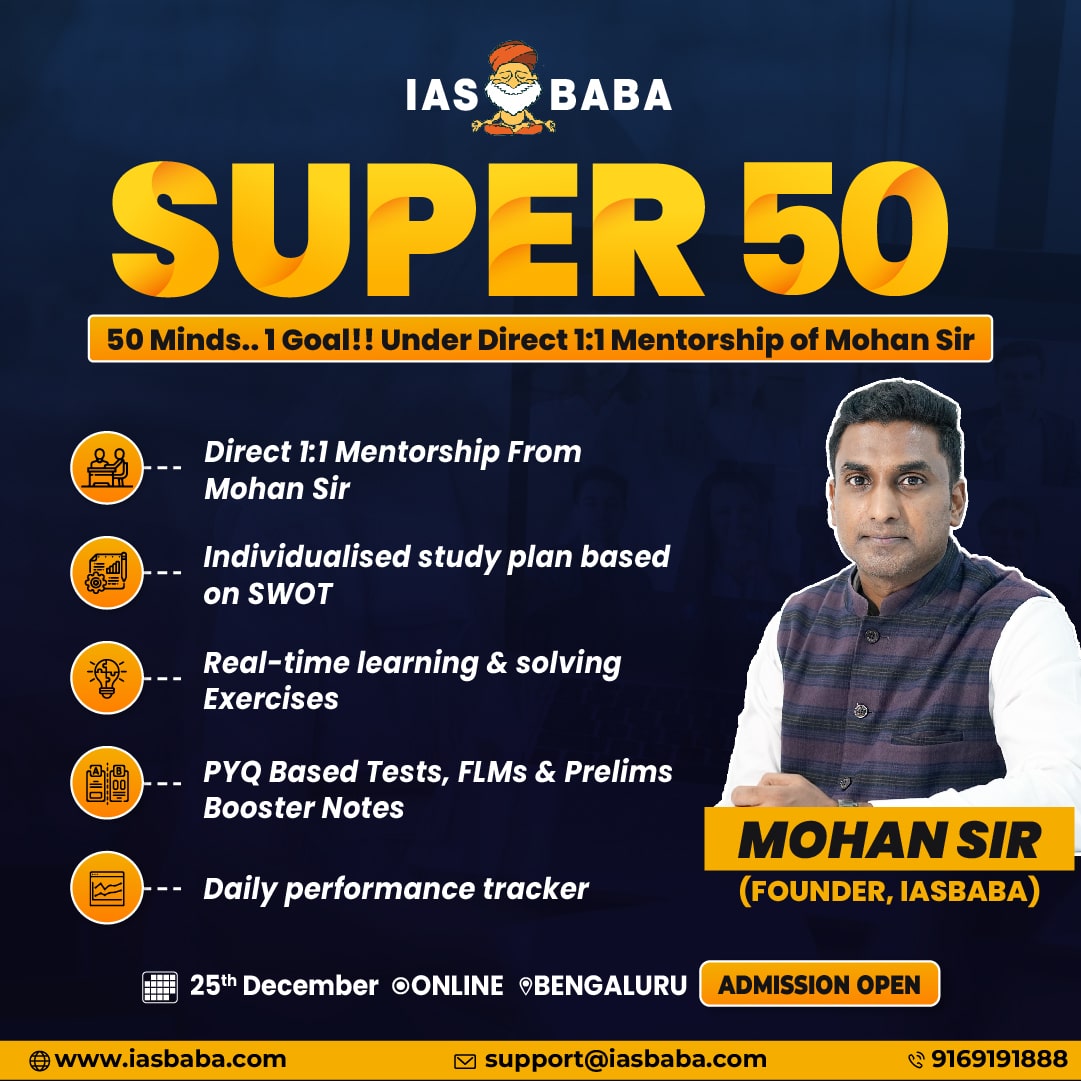UPSC Articles
ECONOMY/ GOVERNANCE/ SOCIETY
Topic:
- GS-2: Issues relating to poverty and hunger.
- GS-3: Indian Economy and issues relating to planning, mobilization, of resources, growth, development and employment.
India’s Food Wastage Problem
Context: Food wastage has been a problem for decades, and is worsening with time. It has now acquired environmental dimension where by excess food waste usually ends up in landfills, creating potent greenhouse gases which have dire environmental implications.
Data on Food Wastage in India
- According to the Food Waste Index Report 2021 published by the United Nations Environment Programme, 50 kg of food is thrown away per person every year in Indian homes.
- Nearly 40% of the food produced in India is wasted every year due to fragmented food systems and inefficient supply chains — a figure estimated by FAO. This is the loss that occurs even before the food reaches the consumer.
Pandemic induced lockdown and food wastage
- Rotting in godowns: In the wake of the lockdown imposed last year, surplus stocks of grain — pegged at 65 lakh tonnes in the first four months of 2020 — continued to rot in godowns across India
- Farmers access to market affected during lockdown causing wastage: Although essential commodities were exempt from movement restrictions, farmers across the country struggled to access markets, resulting in tonnes of food waste. Meanwhile, instinctive hoarding by the middle class disrupted the value chain, further aggravating the situation.
Way Ahead- Steps to minimize food wastage
- Irresponsible consumption patterns by household members means that change needs to begin in our own homes.
- Calculated purchasing when buying groceries to avoid amassing more products than we actually need
- Minimising single-use packaging wherever possible
- Ordering consciously from restaurants
- Reconsidering extravagant buffet spreads at weddings
- At the community level, one can identify and get involved with organisations such as Coimbatore-based No Food Waste which aim to redistribute excess food to feed the needy and hungry
- We must attempt to change our “food abundance” mindset to a “food scarcity” one, working our way towards a zero-waste end goal.
- For the food that is left behind, one has to feed someone else or, at the very least, compost it so it doesn’t end up in landfills.
- One must be open to incorporating nose-to-tail cooking when it comes to meat and seafood so as to avoid wastage arising from meat industry
- One has to start influencing simple decisions about own food consumption, and then get people in your immediate community to join.














